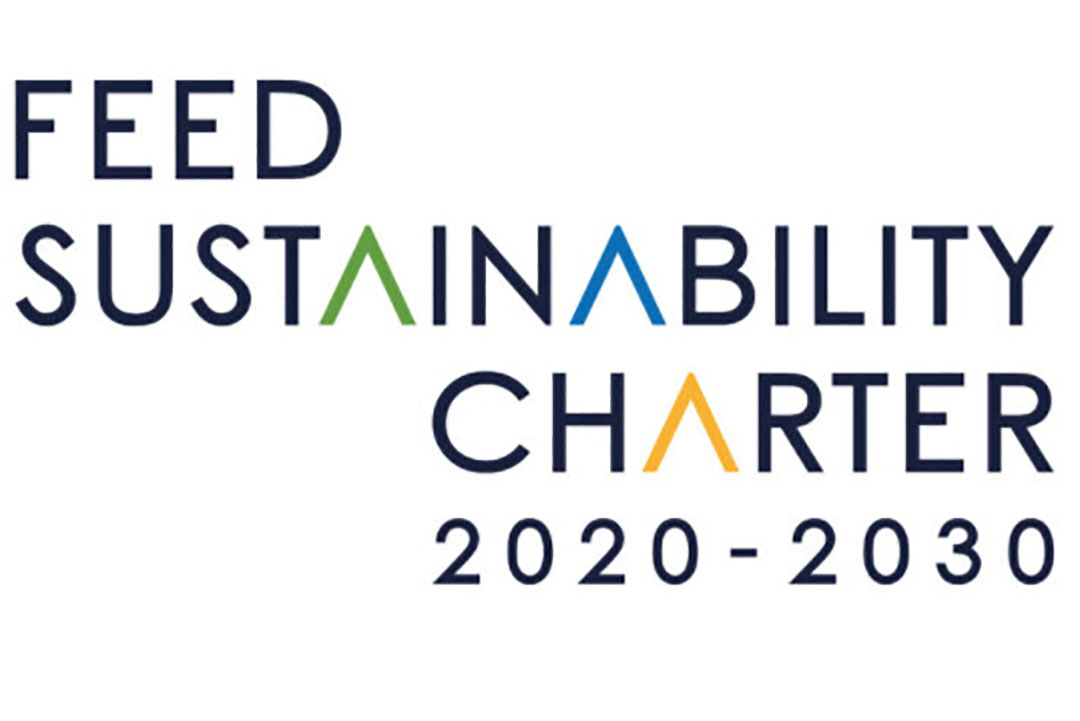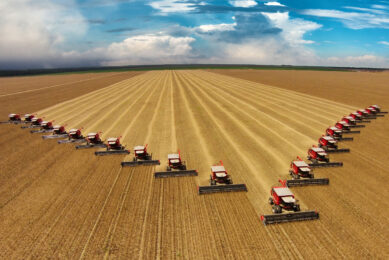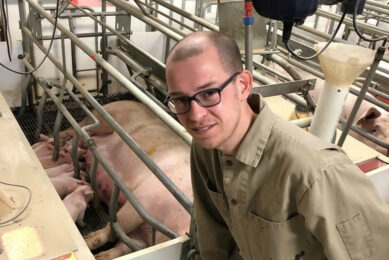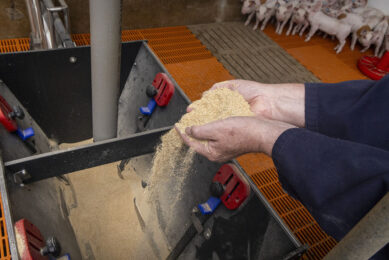FEFAC: 5 key ambitions to improve feed sustainability

FEFAC published its Feed Sustainability Charter 2030, consisting of 5 ambitions on how the EU feed sector can become more sustainable in the upcoming 10 years.
This new vision was the main objective of the livestreamed FEFAC XXIX Congress.
The online congress started off with a discussion between experts from the food and feed industry. One of the addressed topics was the need for a deforestation-free soy supply chain, being one of the 5 ambitions of FEFAC.
Responsible soy production asks for commitments instead of guidelines.”
Maintaining EU climate goals
Michael Scannell, Deputy Director General, DG AGRI, EU Commission argued that the import of proteins for feed can not decline the EU climate goals. “We have to encourage the sector to be more ambitious and make sure that the soy imports not decline our deforestation targets. Consumers no longer accept that soy imports lead to deforestation, they want this guarantee. Therefore we need full traceable systems and certification of these imports.” Preben Sunke, COO, Danish Crown also part of the discussion panel, stated that consumers are moving faster than the supply chain and that more commitment is needed. “Responsible soy production asks for commitments instead of guidelines.”
How will the Farm to Fork strategy come in to practice?”
Pekka Pesonen, Secretary General, Copa-Cogeca agrees the agriculture sector has to recover from Covid-10 in a more sustainable way, however he still sees many bottlenecks. “How will the Farm to Fork strategy come in to practice? There are many opportunities at farm level, but we have to rely on the institutions. There are still many bottle necks for instance with legislation. It must not only remain with the objectives, but also consider what is possible in practice.”
 Interview FEFAC: Severe supply chain disruptions avoided
Interview FEFAC: Severe supply chain disruptions avoided
Mr Asbjørn Børsting has been elected as FEFAC’s new president, for the term 2020 – 2023. All About Feed caught up with him to talk about his new position and the impact of Covid-19 on the EU feed industry.
A more to sustainable livestock production
All panel members clearly agreed that more concrete and practicable objectives are needed and commitments must be met to shift to a more to sustainable livestock production. The publication of the Feed Sustainability Charter 2030 by FEFAC seems to fulfil the request of the representatives of the industry. In the publication, which is a response to the EU Green Deal Objectives, is stated that FEFAC and its members commit to 5 ambitions to further improve feed sustainability.
The 5 key ambitions of the new charter are:
- Contribute To Climate-Neutral Livestock & Aquaculture Production Through Feed
- Foster Sustainable Food Systems Through Increased Resource & Nutrient Efficiency
- Promote Responsible Sourcing Practices
- Contribute to Improving Farm Animal Health & Welfare
- Enhance the Socio-Economic Environment and Resilience of the Livestock & Aquaculture Sectors
A detailed overview of the 5 ambitions can be found here
FEFAC also states that the association and its members will invest in monitoring the progress of the journey on feed sustainability and will publish an annual progress report.











